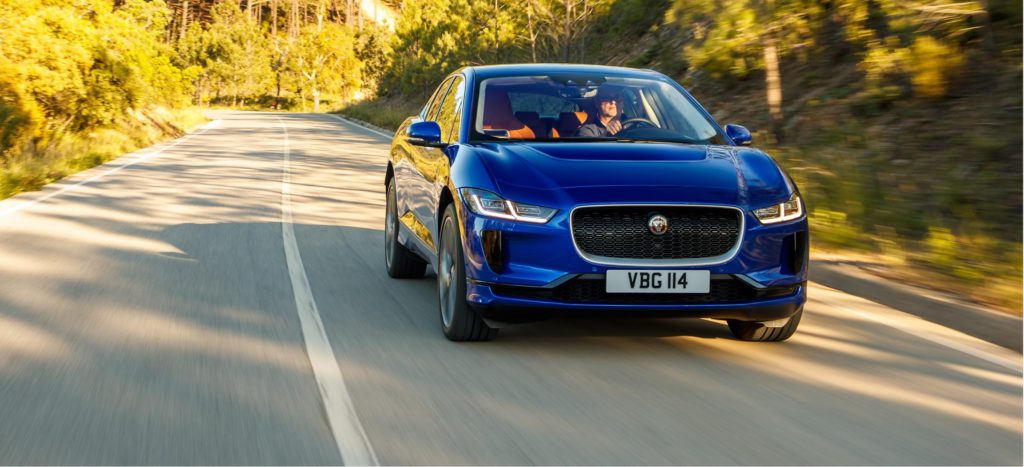JLR returns to profit in Q4 despite China slump
21 May 2019

21 May 2019
Embattled vehicle manufacturer Jaguar Land Rover (JLR) has reported its first profit in four quarters as it continues to implement its turnaround plan.
Net income for the three months to March was £120 million (€137 million), while profit before tax, excluding exceptional items, was £269 million (€306 million). The company made a loss of £3.6 billion (€4.1 billion) in the full year to March after a large write-down in its Q3 results.
Last year the company announced its ′Charge’ transformation programme, which is now delivering results. The Q4 pre-tax profit was delivered despite a £149 million (€170 million) redundancy cost as the carmaker cut 4,500 jobs in January.
Revenues of £7.1 billion (€8.1 billion) were down £421 million (€480 million) year-on-year, as growing demand in key markets such as the UK and US helped offset weaker China market conditions. Operating cash flow of £1.4 billion (€1.6 billion) reflected a strong working capital performance and lower investment spending, the company said in a statement.
′Jaguar Land Rover has been one of the first companies in its sector to address the multiple headwinds simultaneously sweeping the automotive industry,’ comments Ralf Speth, JLR chief executive. ′We are taking concerted action to reduce complexity and to transform our business through cost and cash flow improvements. The company has returned to profitability in the fourth quarter and already delivered £1.25 billion (€1.42 billion) of efficiencies and savings.’
China woes
JLR’s sales in China fell 46% in April, with the carmaker just one of many suffering as the country’s market endures the longest slump in a generation. However, P.B Balaji, CFO of JLR’s parent company Tata Motors, told reporters that the Chinese market should return to growth ′a quarter from now,’ adding that the carmaker has managed to stabilise in the market after removing surplus inventory.
The company saw encouraging demand for new models, including its E-PACE compact SUV, Range Rover Velar mid-size SUV, the refreshed Range Rover and Range Rover Sport (both including plug-in hybrid options) and the all-electric Jaguar I-PACE. This helped lift unit sales in the UK by 8.4% and by 8.1% in North America, as JLR outpaced industry growth in both markets. Land Rover was also the fastest-growing automotive brand in the US, and Jaguar sales rose sharply in Europe. Continued weakness in China, however, led to a 5.8% decline year-on-year in retail sales to 578,915 vehicles.
Continued investment
Despite its earlier financial issues, the company is still on track to make at least £2.5 billion (€2.8 billion) of investment, working capital and profit improvements by March 2020, as part of its transformation programme.
The company has continued to invest in its manufacturing footprint, recently opening a new plant in Nitra, Slovakia, which will produce the Land Rover Discovery. There is also continued investment in the UK as the carmaker enhances its flexible manufacturing in Halewood for the new Range Rover Evoque. Plans have also been announced to assemble electric drive units and battery packs in the UK and invest in the production of the next-generation flagship Range Rover models at Solihull.
Work is underway at Gaydon to centralise JLR’s automotive design and product engineering activities. New technology centres have been created in Shannon, Ireland, in Manchester, UK and in Budapest, Hungary.
Earlier this month, Tata Motors was forced to deny that it intended to sell JLR to PSA Group. ′As a matter of policy, we do not comment on media speculation. But we can confirm there is no truth to these rumours,’ the company said.